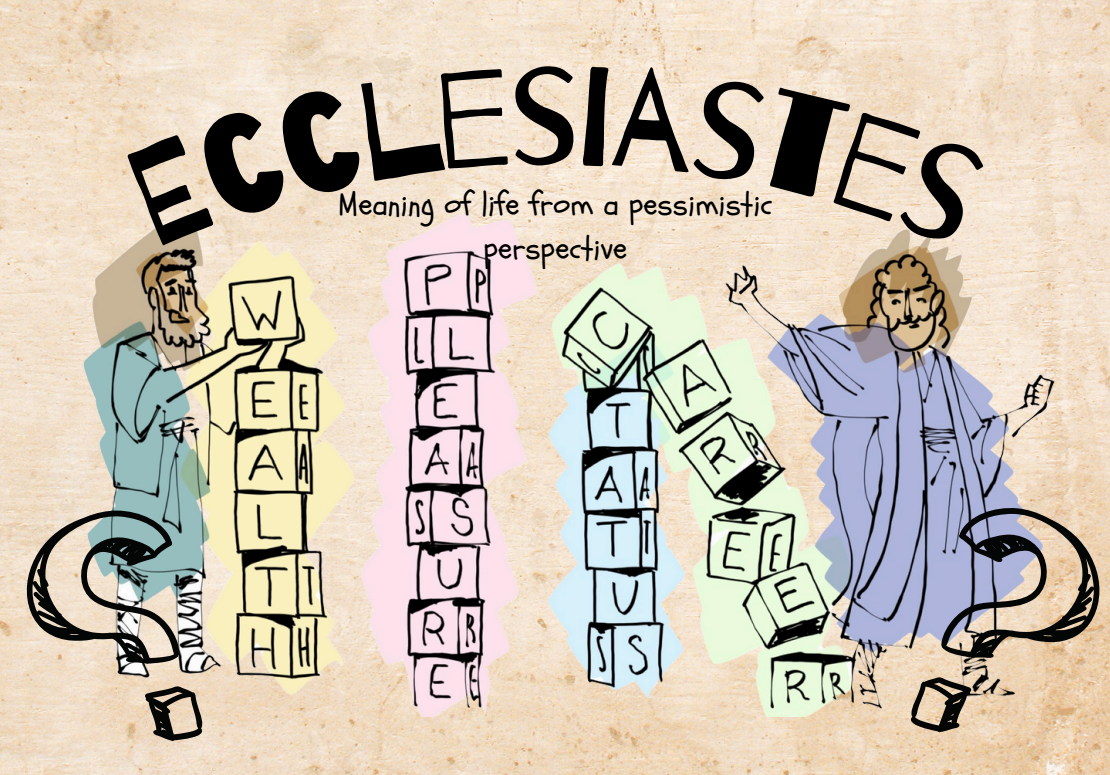“Authentic leaders don’t set out to be leaders, they set out to make a positive difference. It is never about the role and always about the goal”.
The fondness I have for this quote lies in the profound insight that captures the essence of authentic leadership, one driven by purpose rather than power. Embedded within this idea are 3 key traits that define authentic leaders: integrity, vision and empathy.
At the heart of ‘making a positive difference’ is integrity. Actions speak louder than words. It is easy to break a promise, to lie, to not take accountability for one’s mistakes, to bend the rules, to play favourites, but the last time I checked the path of least resistance never shaped great character. Authentic leaders make decisions based on what is right, not what is convenient, no matter the personal cost. By demonstrating consistency between words and action, you inspire trust in those who follow, and trust is the foundation of great leadership. When it comes to examples of integrity, looking past a man named Lasantha Wickrematunge would be difficult. He was the founding editor of ‘The Sunday Leader’ a leading newspaper in Sri Lanka best known for exposing government corruption, abuse of power and human rights violations. He refused to be silenced by bribes, lawsuits, threats and intimidation, often holding key government figures accountable for their actions. He paid the ultimate price on January 8th 2009, when he was assassinated in broad daylight on the way to work. His final editorial published after his death predicted his own demise. Here was a man who stood by his principles even in the face of impending death.
Believing that leadership “is always about the goal” places strong emphasis on the importance of vision. A person with vision never lacks for motivation. They are always inspired, focused, grounded and confident about what comes next because their vision acts as a road map for what lies ahead. Such people will always naturally draw others toward them because they inspire them and provide them with direction. Take a moment to imagine how powerful a group of individuals buying into the same vision could be. As a fan of sports there are many examples I could draw on that would exemplify the power of vision. Pep Guardiola’s 2010-11 Champions League winning Barcelona side is one that springs to mind. Pep took over a dysfunctional yet talented Barcelona side in 2008 and transformed them into a footballing force of the likes I have never seen since. All of it based on the vision of dominating possession and dictating the tempo. The individuals who bought into his vision shared in his success. His vision changed football tactics. Forever.
“It is never about the role” conveys a willingness to look beyond one’s own need and desires. At the centre of authentic leadership is empathy. Empathy allows you to put yourself in someone else’s shoes and makes you notice when someone needs help. Empathy motivates you to care, not just to act. When empathy is real, service becomes
an outward expression of inward compassion. Authentic leaders don’t serve because they are told to, they serve because they care and want those around them to feel seen, heard and valued. No one exemplified this better than one of my heroes, Nelson Mandela, who was imprisoned for 27 years for opposing apartheid. By standing by his principles of justice and equality, he was able to fight for those who were marginalised. As president, he set aside his own bitterness to focus on reconciliation, choosing to forgive his captors and all those who upheld apartheid.
The common misconception about leadership is that it is often associated with position, title or rank, but real leadership goes beyond authority or recognition. Authentic leadership has everything to do with your actions. Everyday we are presented with opportunities to lead but are we aware that leadership is practised in the small decisions we make every day?
Like choosing to include rather than exclude,
to help someone without being asked,
to treat others with respect,
to listen and withhold judgement,
to avoid gossip,
to reflect and rebound when we face set backs,
to stay positive,
to take responsibility for our actions,
to encourage others,
to stay true to our convictions.
This is leadership. It is open to everyone.
“If your actions inspire others to dream more, learn more, do more, and become more, you are a leader” – John Quincy Adams























